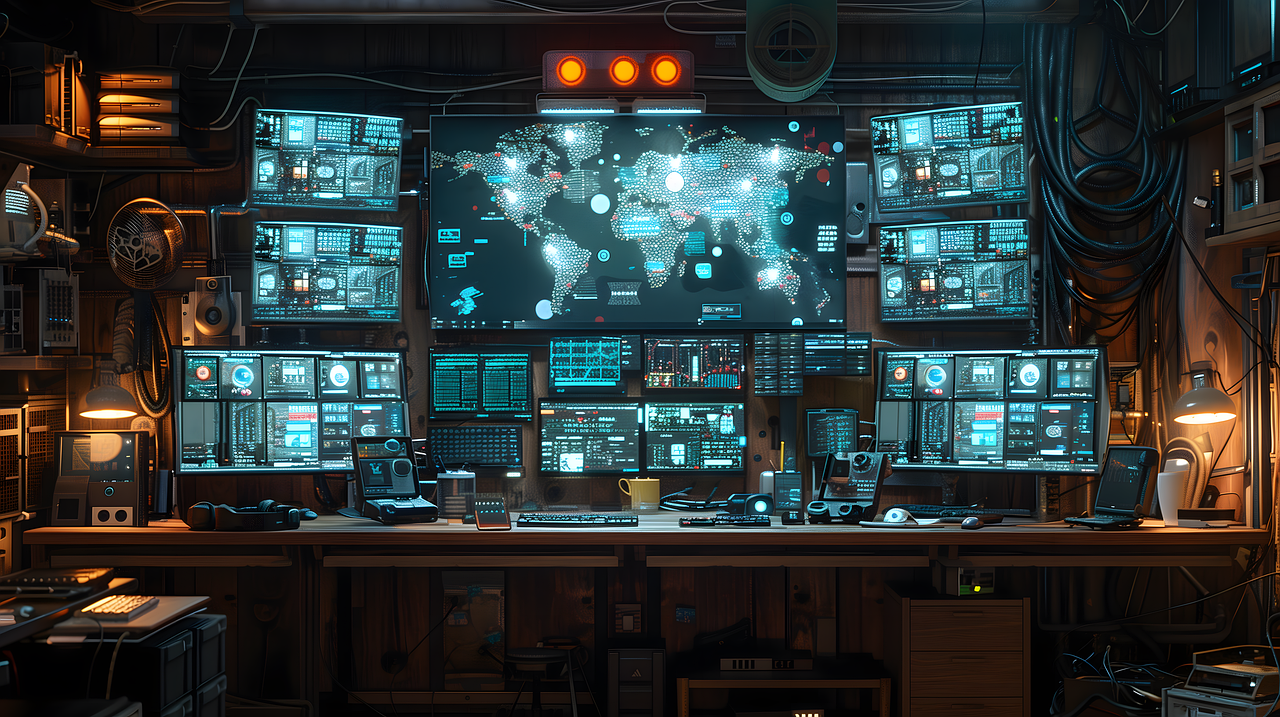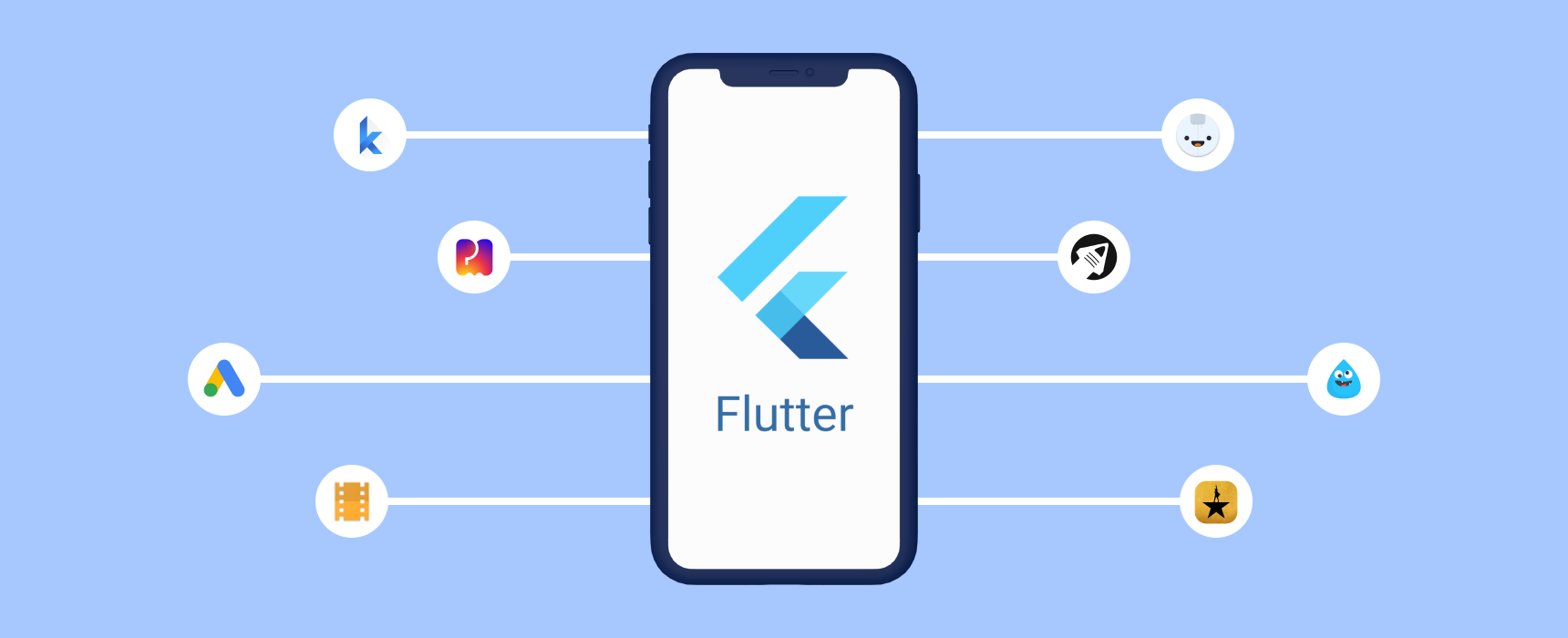Top AI Tools Reshaping Industries: The Future of Innovation and Transformation

Artificial Intelligence (AI) has rapidly transitioned from a futuristic concept to a powerful tool reshaping industries across the globe. From healthcare and finance to manufacturing and entertainment, AI is becoming an integral part of business operations, offering unprecedented opportunities for efficiency, innovation, and growth. The widespread adoption of AI technologies is not just a passing trend but a paradigm shift in how businesses operate and how industries evolve.
This blog explores the top AI tools that are reshaping various industries, detailing their impact, use cases, and the future potential of AI in driving industry-specific advancements.
1. AI in Healthcare: Revolutionizing Patient Care
AI tools are revolutionizing the healthcare industry by improving diagnostics, personalizing treatment plans, and streamlining operations. Several key AI applications are transforming healthcare delivery:
a. IBM Watson Health
IBM Watson Health uses AI to harness the vast amounts of medical data to assist doctors in diagnosing and treating patients more effectively. Watson can analyze unstructured data such as medical literature, clinical trial results, and patient records to offer personalized treatment recommendations. By doing so, Watson accelerates decision-making and helps improve patient outcomes. AI-powered tools like Watson are improving precision medicine by offering insights into specific patient needs, making healthcare more personalized.
b. DeepMind Health (Google)
DeepMind, a subsidiary of Alphabet (Google’s parent company), has made significant strides in healthcare with its AI-powered tools, particularly in the realm of diagnostics. One of its landmark achievements is the development of AI that can accurately diagnose eye diseases through retinal scans. DeepMind’s tools are also being used to predict patient deterioration, analyze medical images, and assist in early diagnosis, contributing to better patient care and reduced healthcare costs.
c. Zebra Medical Vision
Zebra Medical Vision focuses on developing AI-powered radiology solutions to assist doctors in interpreting medical images such as CT scans, X-rays, and MRIs. The platform helps in detecting a variety of medical conditions, including cancers, cardiovascular issues, and other abnormalities. With its ability to analyze medical images faster and more accurately than human doctors, Zebra Medical Vision is contributing to improved diagnosis accuracy, early detection, and timely treatment.
2. AI in Finance: Enhancing Efficiency and Risk Management
The finance industry is undergoing a transformation driven by AI, with financial institutions leveraging AI tools for better decision-making, improved customer experience, and enhanced risk management.
a. KAI (Kasisto)
Kasisto’s KAI platform uses natural language processing (NLP) and machine learning (ML) to power AI-driven banking chatbots. These bots are capable of understanding and responding to customer queries in real time, automating routine tasks like balance checks, transactions, and even complex financial advice. KAI is widely used by banks like DBS Bank and Standard Chartered to offer personalized banking services, improve customer engagement, and reduce operational costs.
b. Aladdin (BlackRock)
Aladdin is an AI-powered risk management platform developed by BlackRock. It helps investment professionals make informed decisions by analyzing vast amounts of financial data, including market trends, economic indicators, and risk factors. The platform provides insights into portfolio management, investment strategies, and risk assessment, enabling financial institutions to manage their assets more efficiently.
c. Upstart
Upstart is an AI-based lending platform that uses machine learning models to evaluate borrowers’ creditworthiness. By incorporating a wider range of data points, such as education, employment history, and income, Upstart can offer more accurate loan decisions and reduce bias in the lending process. The platform is transforming the consumer lending landscape by offering faster loan approvals with lower interest rates, making loans more accessible to a broader audience.
3. AI in Manufacturing: Optimizing Production Processes
AI tools are significantly enhancing manufacturing processes by improving efficiency, reducing downtime, and optimizing production schedules. These tools are driving Industry 4.0, where AI, automation, and data analytics are interconnected to create smarter factories.
a. Siemens MindSphere
Siemens’ MindSphere is an open IoT (Internet of Things) operating system that leverages AI to connect machines and sensors, enabling real-time monitoring and data analysis of manufacturing processes. By using AI to analyze production data, MindSphere can optimize machine performance, predict failures before they happen, and streamline supply chain management. This results in increased productivity, reduced maintenance costs, and enhanced product quality.
b. SparkCognition
SparkCognition uses AI to enhance asset management and manufacturing processes. Their AI-driven software helps manufacturers predict equipment failures, optimize supply chains, and improve production efficiency. By analyzing data from sensors and historical maintenance records, SparkCognition’s AI tools provide actionable insights to prevent unplanned downtime and improve overall productivity.
c. Veo Robotics
Veo Robotics uses AI to enable safe human-robot collaboration on factory floors. Their product, called FreeMove, uses AI to ensure that robots and humans can work together without causing harm. By integrating sensors and machine learning algorithms, Veo Robotics allows industrial robots to adapt to their environment, enhancing flexibility and productivity in manufacturing environments.
4. AI in Retail: Personalized Shopping Experience
The retail industry is rapidly adopting AI to enhance the shopping experience for customers, optimize supply chains, and improve inventory management. AI-powered tools are helping retailers understand consumer behavior and preferences in real time.
a. Amazon Rekognition
Amazon Rekognition uses AI to provide advanced image and video analysis services. Retailers use Rekognition for facial recognition, object detection, and content moderation. It’s used to personalize customer experiences, such as recommending products based on facial expressions or tracking customer sentiment through video content. Amazon Rekognition is also instrumental in improving security and loss prevention strategies in retail stores.
b. CureMetrix
In retail, particularly fashion and apparel, understanding customer preferences is key to offering a personalized shopping experience. CureMetrix uses AI to provide personalized product recommendations by analyzing data from customer interactions, purchase history, and preferences. This helps retailers offer customers the right products at the right time, increasing sales and customer satisfaction.
c. Chatbots for Customer Service
AI-powered chatbots, such as those from Zendesk and LivePerson, have transformed customer service in the retail industry. These chatbots can handle customer inquiries, resolve issues, and assist in product recommendations 24/7, significantly reducing response times and improving customer satisfaction. Retailers that adopt AI-driven customer service tools can deliver a seamless shopping experience and increase customer loyalty.
5. AI in Logistics and Supply Chain: Enhancing Efficiency
The logistics and supply chain industry is one of the most heavily influenced by AI, with AI tools optimizing everything from inventory management to route planning and demand forecasting.
a. ClearMetal
ClearMetal is an AI-powered supply chain platform that uses machine learning algorithms to analyze data from multiple sources and create accurate demand forecasts. This helps retailers and manufacturers optimize inventory levels, reduce overstocking or stockouts, and improve overall supply chain efficiency. ClearMetal’s AI-driven insights also assist in streamlining order fulfillment, reducing lead times, and improving delivery accuracy.
b. Llamasoft
Llamasoft, now part of Coupa Software, provides AI-based supply chain analytics and optimization tools. Llamasoft’s AI platform helps businesses make data-driven decisions regarding procurement, inventory, and transportation. By predicting demand, optimizing delivery routes, and assessing risk factors, Llamasoft’s AI tools enable companies to reduce costs and enhance the overall efficiency of their supply chains.
c. Einride
Einride is revolutionizing logistics with autonomous electric trucks powered by AI. These self-driving trucks are designed to transport goods efficiently while reducing carbon emissions. By leveraging AI for route optimization, predictive maintenance, and real-time tracking, Einride is shaping the future of sustainable logistics and transportation.
6. AI in Entertainment: Changing the Way We Consume Media
AI is transforming the entertainment industry by offering personalized content recommendations, automating content creation, and enhancing user experiences.
a. Netflix’s Recommendation Algorithm
Netflix has one of the most sophisticated AI-powered recommendation systems in the world. The platform uses machine learning algorithms to analyze user data, including viewing history, preferences, and ratings, to offer personalized movie and TV show recommendations. This personalization has significantly improved user engagement, as people are more likely to watch content they feel is tailored to their tastes.
b. AI in Music Creation (Amper Music)
Amper Music is an AI platform that allows users to create original music tracks without needing any prior music composition experience. The AI analyzes existing music and uses algorithms to generate new compositions across different genres. This tool is making music production accessible to more people and offers unique opportunities for content creators, filmmakers, and advertisers to develop original soundtracks.
c. Artificial Intelligence in Gaming
AI is transforming gaming experiences by making them more immersive and dynamic. AI is used to create intelligent NPCs (non-playable characters), adapt gameplay difficulty based on the player’s skill level, and create procedurally generated worlds. Games like “The Last of Us” and “Red Dead Redemption 2” have implemented advanced AI techniques to create lifelike environments and adaptive gameplay that responds to player actions.
Conclusion: The Future of AI Across Industries
AI tools are undoubtedly reshaping industries in profound ways, creating new opportunities and driving innovation. From healthcare and finance to retail, logistics, and entertainment, AI technologies are enabling businesses to become more efficient, agile, and customer-focused. As AI continues to evolve, we can expect even greater advancements that will further transform industries, creating more personalized experiences, optimizing operations, and even fostering entirely new business models.
The integration of AI into these industries is not just a trend—it is the future of innovation. For businesses looking to stay competitive in a rapidly changing landscape, embracing AI is no longer optional. It’s essential. As AI tools become more sophisticated, industries will continue to see massive transformations, ultimately making our lives easier, safer, and more connected.



